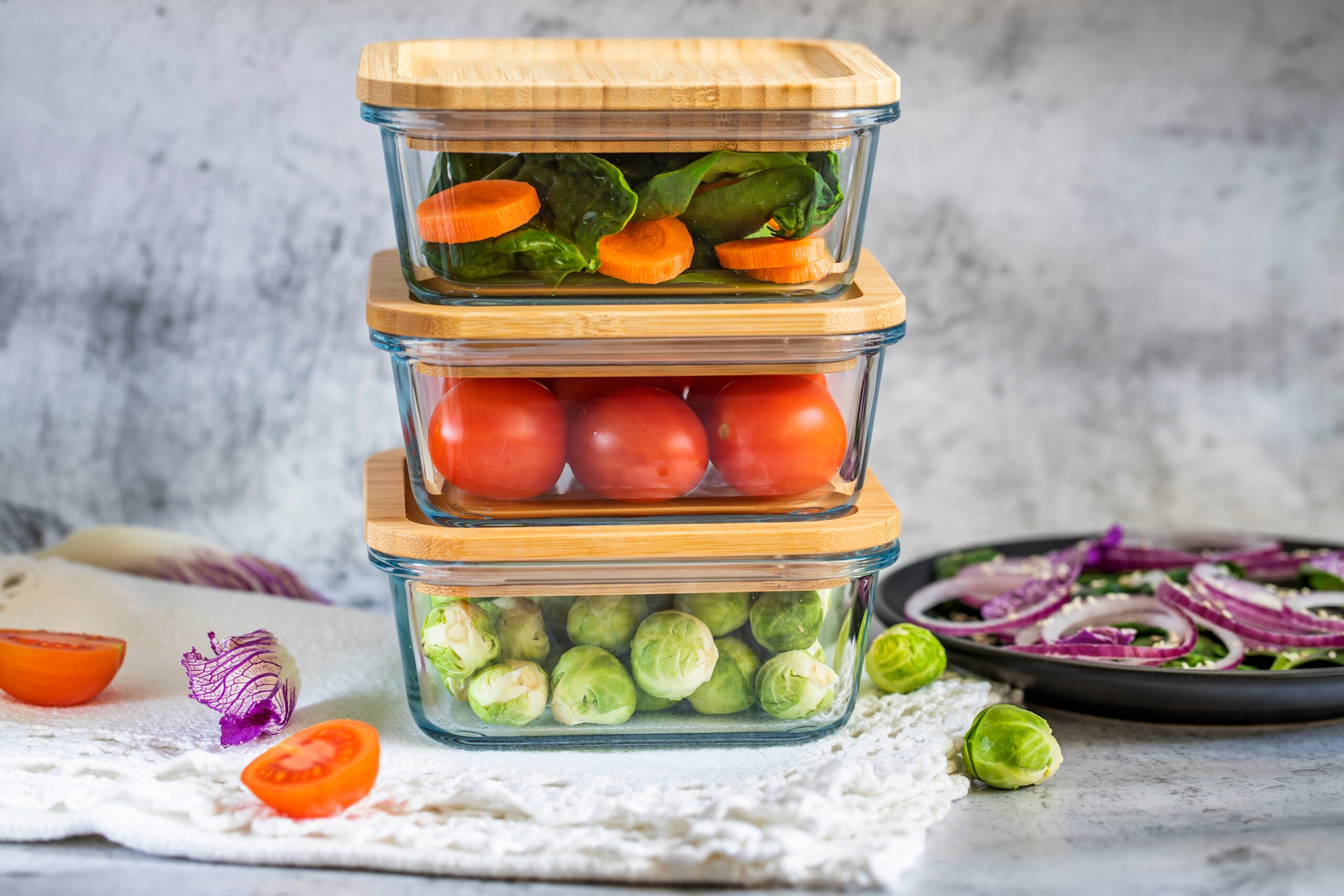Table of Contents

Inflammation may be trending in health headlines, but this fiery physiological phenomenon is far from just another wellness fad.
From achy joints to angry skin to that stubborn spare tire, low-grade inflammation lurks behind countless chronic complaints plaguing modern society.
But what if the remedy lies not in the pharmacy, but at the end of our forks? Accumulating research suggests a whole-food, plant-centric eating pattern could be the anti-inflammatory rx we've been waiting for.
Culinary Culprits
Before we sing the praises of plant-based foods, let's name some key dietary offenders stoking the internal embers.
Saturated fats in meats and dairy, refined starches in pastries and pastas, added sugars in sodas and sweets ― these processed staples send pro-inflammatory signals surging.
These foods spike blood sugar, disrupt gut microbes, generate cell-damaging free radicals, and dial up the production of inflammatory compounds like cytokines and eicosanoids.
Over time, this perfect storm fans the flames of metabolic mayhem.
The Plant-Based Prescription
Enter the antidote: an anti-inflammatory arsenal brimming with colorful fruits, vibrant vegetables, hearty legumes, crunchy nuts, and sturdy seeds. These plant heroes are veritable pharmacies unto themselves, each bite delivering medicinal doses of phytonutrients.
Quercetin in apples and onions tames allergic reactions. Ginger's gingerols soothe sore muscles. Brassicas like broccoli and kale unleash sulforaphane to detoxify carcinogens. Berries paint the gut purple with protective polyphenols. And that's just for starters.
Synergetic Combinations
More than any single superstar nutrient, it's the symphony of plant compounds acting in concert that astonishes researchers. Tasty plants house complex libraries of bioactive molecules that interact, amplify, and even evolve during digestion.
Turmeric's curcumin becomes infinitely more absorbable with a dash of black pepper. Tomatoes release the most lycopene when lovingly cooked with olive oil. Fermented foods like kimchi introduce probiotics that quell inflammatory gut reactions.
These are the kinds of synergies you can't replicate in a supplement.
Less is More
Fascinatingly, what a plant-based diet omits may be just as potent as what it includes. By crowding out the reactionary offenders mentioned earlier, an emphasis on whole plants effectively removes the inflammatory kindling.
But the benefits extend beyond addition by subtraction. Plants are inherently self-limiting from a caloric standpoint, meaning you can fill up on fiber-rich, nutrient-dense meals without overconsuming fattening, inflammatory ingredients. Bonus: Your wallet and the planet also benefit from plant-based simplicity.
Addressing Root Causes
Of course, no single dietary shift is a panacea for every inflammatory woe. Genetics, stress, sleep deprivation, sedentary living, and environmental toxins all stoke the smoldering embers of chronic inflammation. A truly holistic lifestyle overhaul demands attending to these root causes.
Yet there's no denying the profound potential of a plant-powered plate to act as ground zero for change. Each meal becomes a chance to flood your cells with a tsunami of restorative, regenerative nutrients ― or a barrage of aggravating, degenerative triggers. The choice, and the internal environment it creates, is yours.
Culinary as Medicine
So can a plant-based diet douse the flames of inflammation?
The delectable conclusion points to yes. But the journey from produce aisle to vibrant vitality involves more than just swapping burgers for black beans.
It's about crafting an entire way of eating, living, and being that revolves around whole plant foods in their glorious unadulterated forms. It's about realizing that every bite is a chance to heal your body, empower your palate, and experience radical renewal from the inside out.
This isn't just about quelling inflammation. It's about setting yourself up for a lifetime of transformative nourishment on every level.
AD
Most Recent
AD
